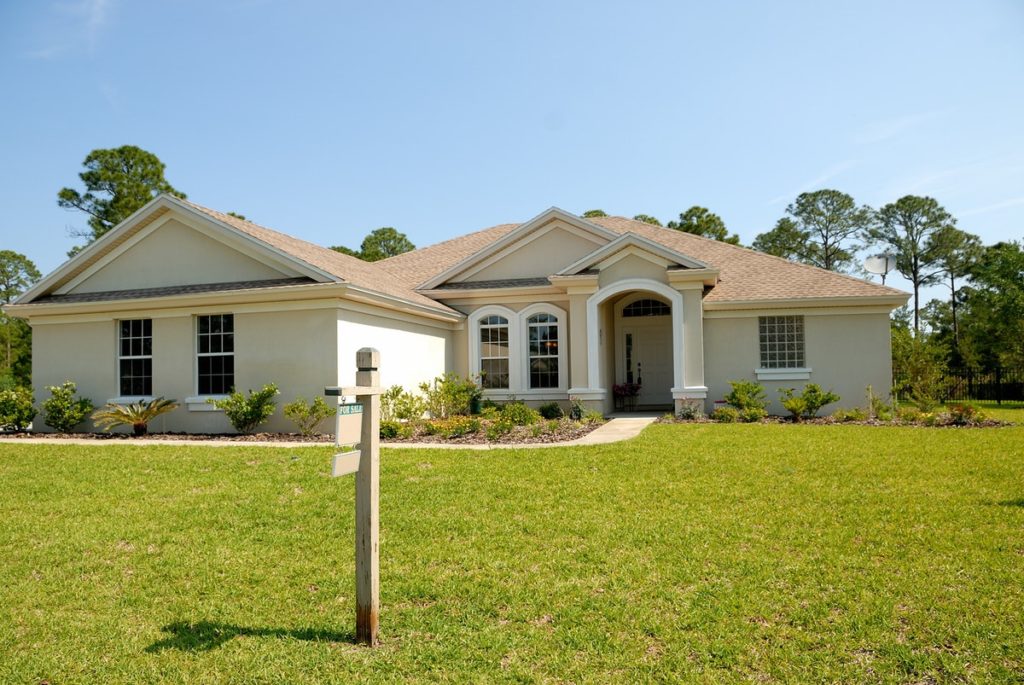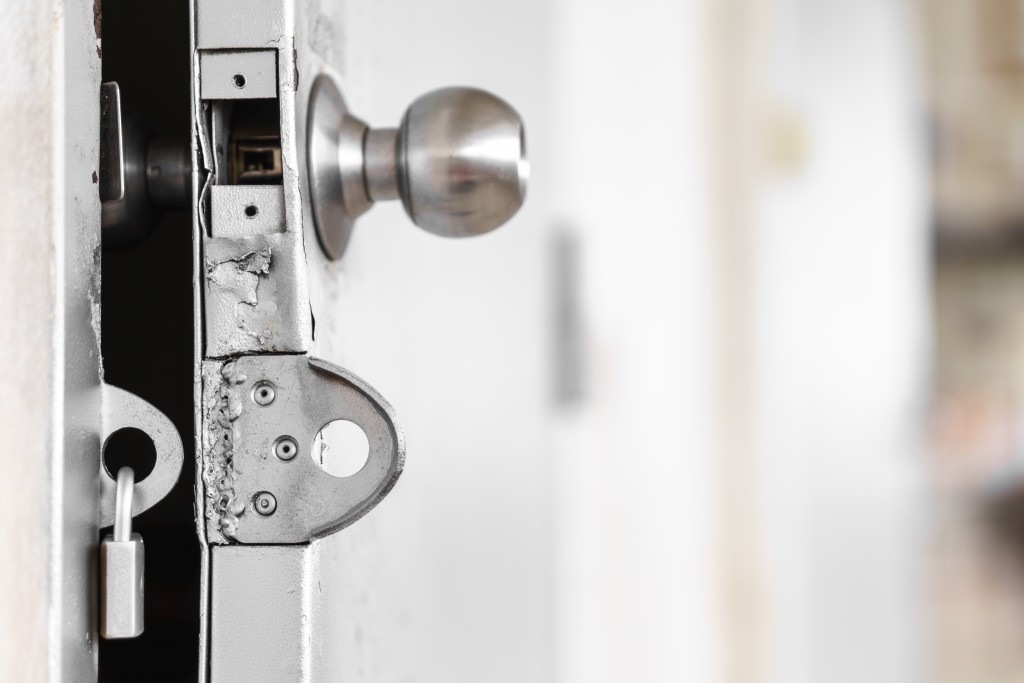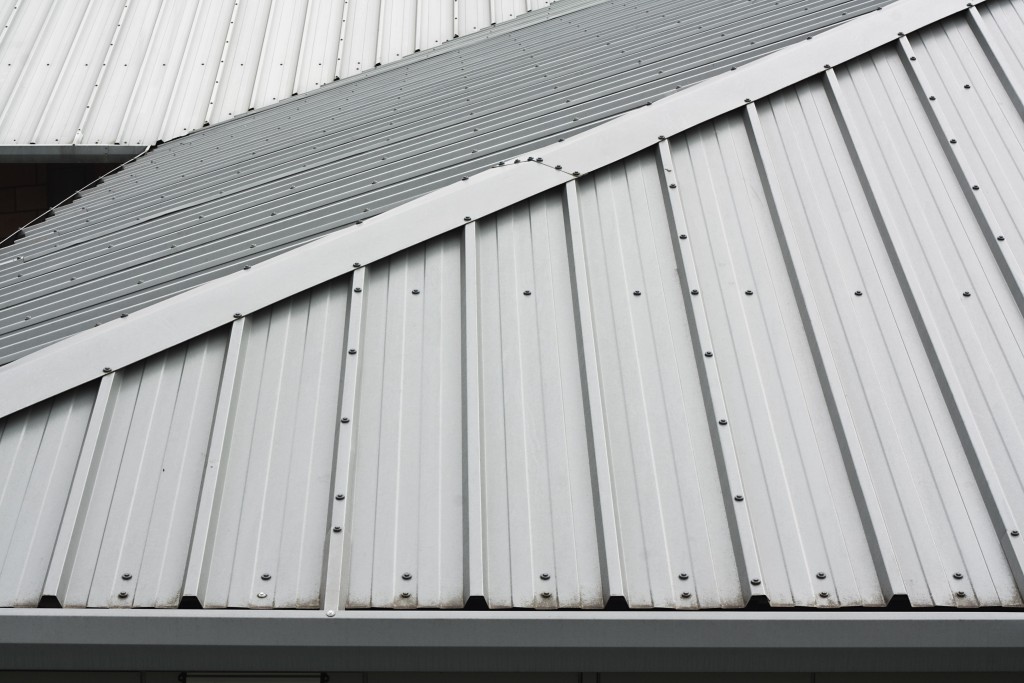Being proactive is not only good in the workplace; it’s also useful at home. Home repairs cost thousands of dollars—but you can avoid hefty expenses or, at the very least, diminish costs, by taking preventive measures on home maintenance. Find out how you can avoid headaches and save money in the long run with these five useful tips.
1. Get Ahead of the Water
Whether it’s because of the weather or leaky pipes, water can cause serious damage to your home. Fortunately, you can take actions in advance before problems arise.
For instance, to prevent moisture from being trapped in your concrete floors, where it can enter through even the thinnest of cracks, it is wise to apple a coat of moisture seal. Decking and outdoor areas are especially vulnerable to weather damage, so act before this happens. Moisture trapped in your flooring can worsen the state of cracks, cause mold to build up, and even affect the structural integrity of your flooring, down the road.
Inspect your roof regularly but especially before the rainy season. While homeowners insurance covers water-related problems, it doesn’t include preventable damage. Grab a ladder and check if there are any broken or missing shingles. While you’re up there, you might as well check your gutters. A clogged gutter can affect your property’s foundation and basement. HGTV recommends using a pressure washer to clean the gutter and fix any leaks.

2. Don’t be Blown Away
According to the Travelers’ Scott Humphrey, wind is the most common cause of damage to a property. It’s a much bigger problem if you live in a hurricane zone. While it’s impossible to stop hurricanes from wreaking havoc, you can minimize its effects in a few ways. You can prune your trees, so their branches won’t snap off and hurtle across the sky in inclement weather. But, be sure you do it right or hire a professional. Improper cutting and pruning of branches can also present a safety hazard during a hurricane. It’s also best to prune your trees in the spring, and not when a hurricane warning has been issued.
You can likewise install storm shutters so that debris won’t break your windows. There are also models that insulate and provide shade. Another precaution to take is to check and clean your pipes and drains. This can reduce the risk of flooding in your area.
3. Don’t Play With Fire
Not only can it wreck a house, but fires can also take lives. In 2018, the National Fire Protection Association (NFPA) responded to more than 1.3 million fires which resulted in over 3,600 fatalities. It’s important to take precautions in case of home fires or wildfires.
Preventive measures include installing smoke alarms and having a professional do the work. When it comes to wiring, a qualified electrician must do the inspection and installation. The same goes for maintaining chimneys and heating equipment.
If you live in a wildfire-prone area, install mesh screening in your windows and vents to minimize the entrance of embers and debris into your home. You can also set up fuel breaks and keep your lawns properly mowed to prevent accidental ignition.
While it “late” is usually better than “never,” it’s still best to be safe rather than sorry. Precautionary measures can save money, time, and even lives. Think of the big picture and check your house’s components regularly, read the fine print in your insurance contract, and be smart.




